Fertilizing plants is an essential aspect of gardening that helps promote healthy growth and vibrant blooms. However, when it comes to fertilizing in the summer, gardeners often wonder if it’s the right time to feed their plants. Summer brings about its own set of challenges, including high temperatures and intense sunlight, which can affect how plants absorb nutrients. Here’s a detailed guide on whether you should fertilize your plants in the summer and how to do it properly.
Understanding Plant Needs in Summer

During the summer, plants like banana plant and desert rose typically show significant growth and may require additional nutrients to support their development. However, the heat and sunlight can also stress plants, making them more vulnerable to damage if not cared for correctly. The key to summer fertilization is understanding the specific needs of your plants and adjusting your fertilizing routine accordingly.
Benefits of Summer Fertilization
Fertilizing in the summer can provide several benefits if done properly:
- Enhanced Growth: Providing essential nutrients during the peak growing season helps plants grow stronger and healthier.
- Improved Flowering and Fruiting: For flowering plants and vegetables, a summer feed can enhance blooming and yield.
- Increased Resistance: Well-nourished plants are generally more resistant to pests, diseases, and environmental stresses.
Also Read- Keep Your Garden Healthy While You're On Summer Vacation
Risks of Fertilizing in Summer

While there are benefits to summer fertilization, there are also risks involved:
- Nutrient Burn: Applying too much fertilizer can lead to nutrient burn, where the roots get damaged, and the plant may show signs of distress such as yellowing leaves or stunted growth.
- Dehydration: Fertilizers draw water from the plant into the soil, potentially dehydrating the plant if not enough water is available.
- Waste of Resources: If fertilizers are applied just before or during a rainstorm, they can be washed away before they benefit the plant, leading to environmental pollution and waste of fertilizer.
Best Practices for Fertilizing in the Summer
To ensure that your plants benefit from summer fertilization without the associated risks, follow these best practices:
- Check Soil Moisture: Always make sure the soil is moist before applying fertilizer. Never fertilize dry soil as it can harm the roots.
- Use the Right Amount: Follow the instructions on the fertilizer packaging carefully. Over-fertilizing can be more harmful than not fertilizing at all.
- Choose the Right Type of Fertilizer: Use a slow-release or controlled-release fertilizer to ensure that nutrients are provided gradually, which is safer for plants in hot conditions.
- Apply During Cooler Times of Day: Fertilize early in the morning or late in the evening when temperatures are cooler. This helps reduce the risk of nutrient burn and dehydration.
- Monitor Plant Response: After fertilizing, keep an eye on your plants to see how they respond. If they show signs of distress, adjust your fertilization plan accordingly.
Also Read- How To Care For Your Indoor Plants During Heat Waves
Types of Plants and Their Fertilizer Needs

Different types of plants have varying needs when it comes to summer fertilization:
- Annuals and Perennials: These often benefit from regular feeding, especially if they are heavy bloomers. They typically need more frequent fertilization during their growth period.
- Vegetables: Most vegetables require consistent feeding to produce a good crop, particularly fast-growing types like tomatoes and peppers.
- Lawns: Grass needs regular feeding during the summer to maintain lushness and color, especially in regions with long growing seasons.
- Indoor Plants: These generally require less fertilizer than outdoor plants. Be cautious with summer fertilizing, as indoor conditions can vary greatly.
Fertilizing plants in the summer can be beneficial, but it needs to be done with care. By understanding the specific needs of your plants and adhering to best practices, you can ensure that your garden remains healthy and vibrant throughout the season. Remember, the goal of fertilization is to support plant health, not to push it beyond its natural growth capabilities. With the right approach, you can make summer a productive and flourishing season for your plants.


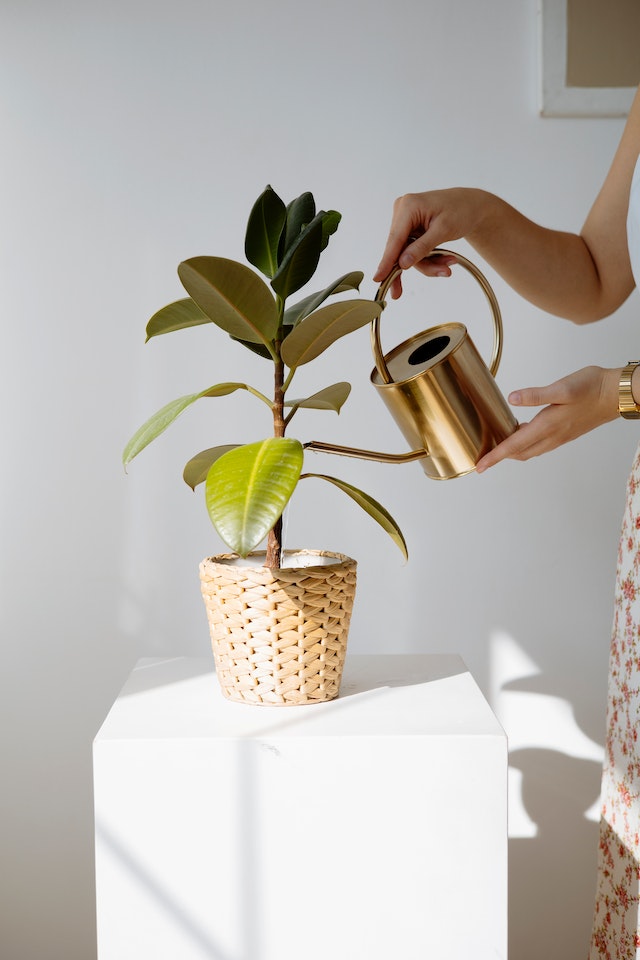



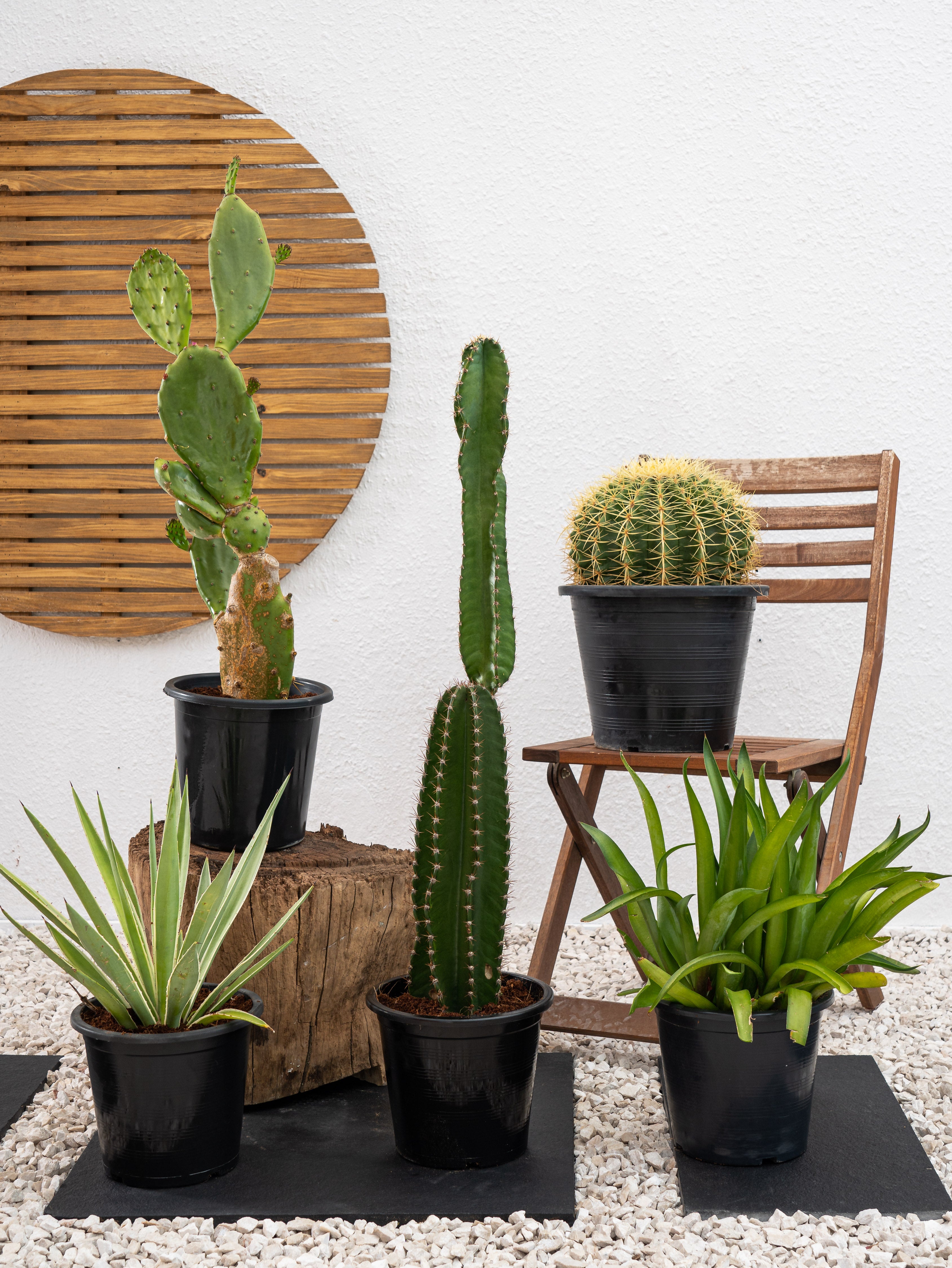
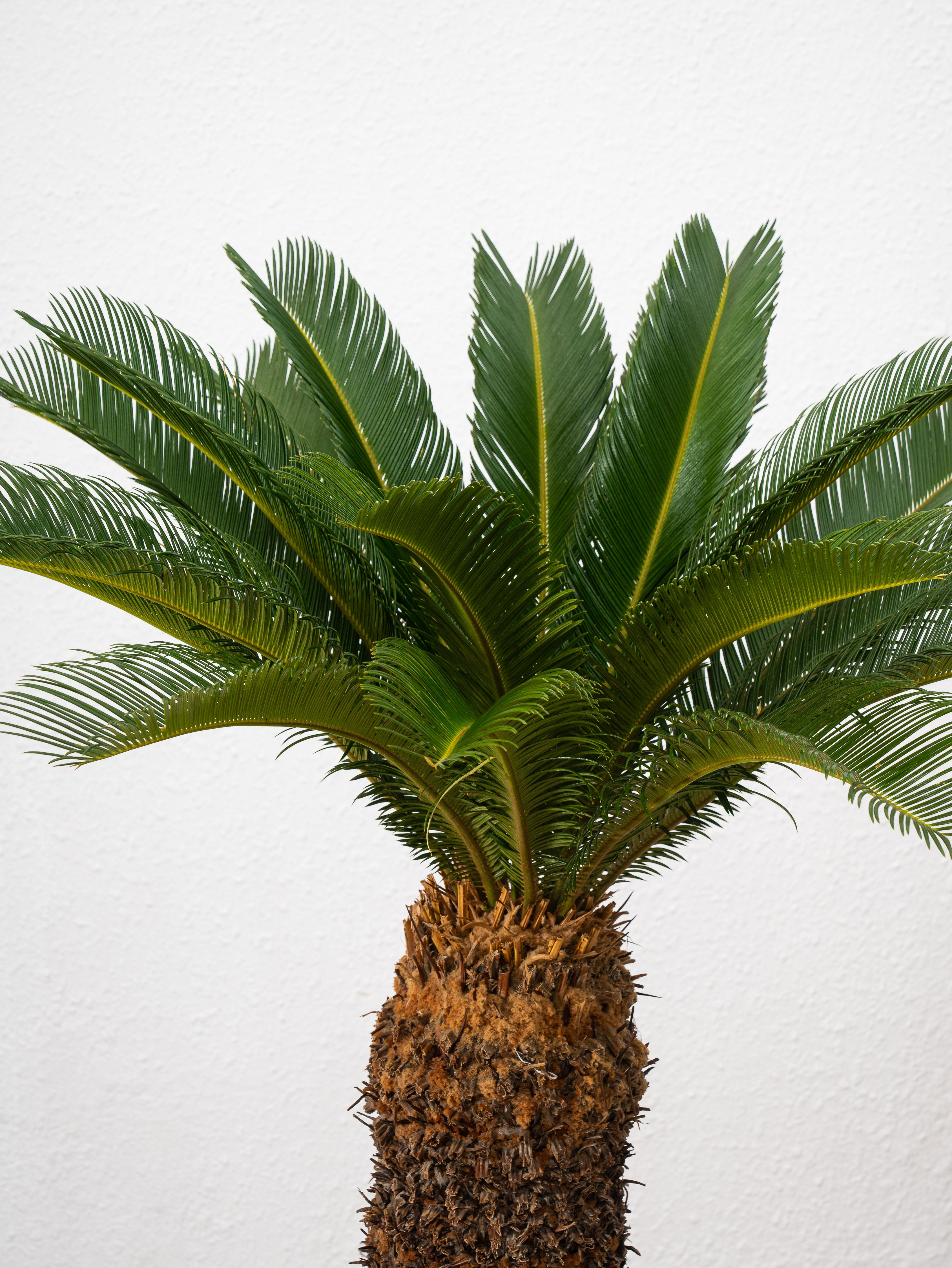

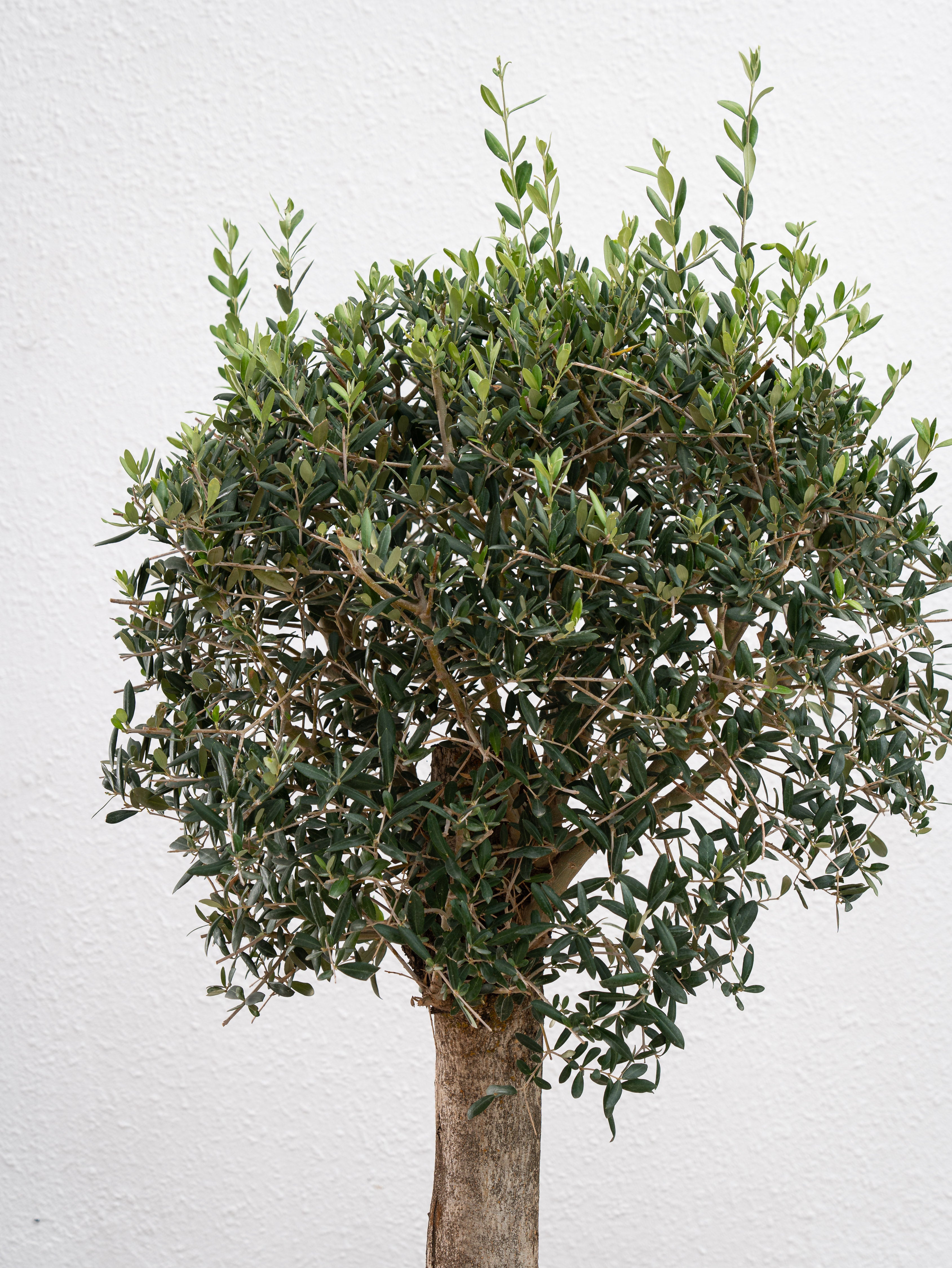
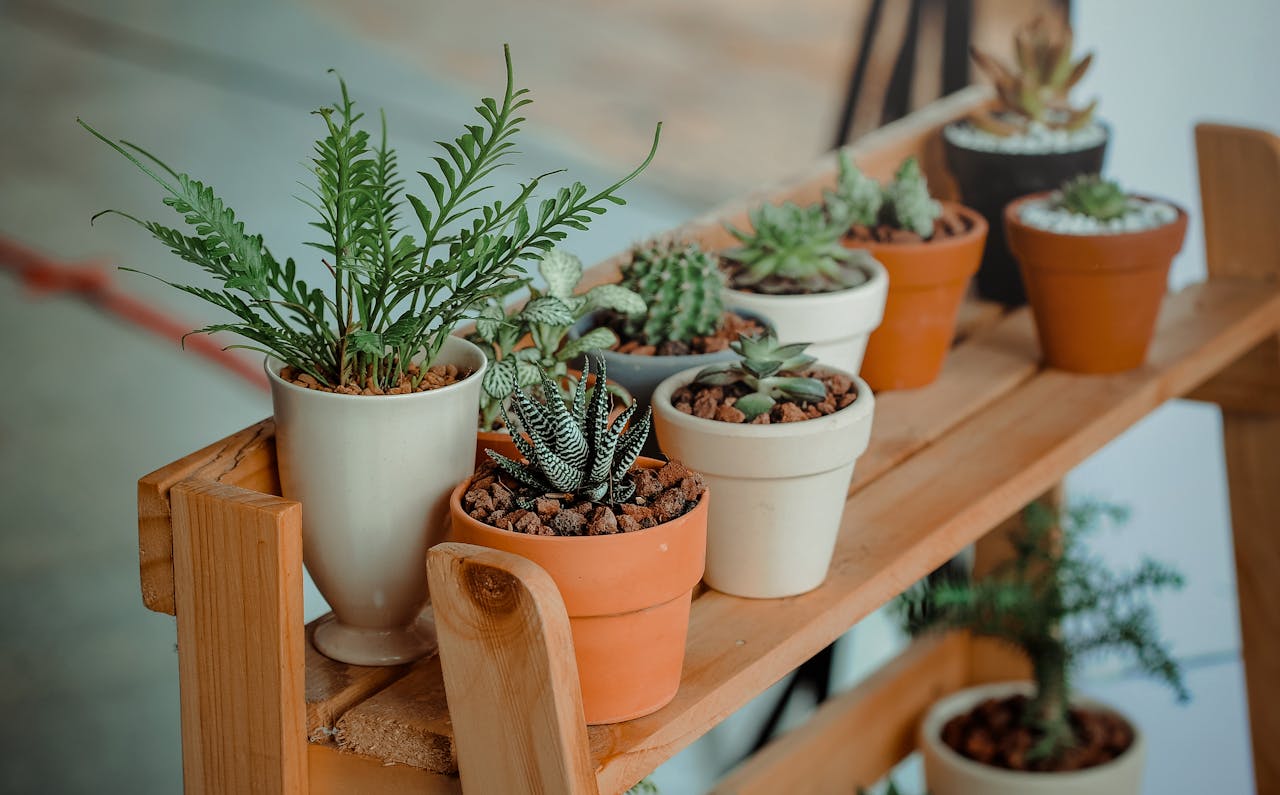


Leave a comment
This site is protected by hCaptcha and the hCaptcha Privacy Policy and Terms of Service apply.